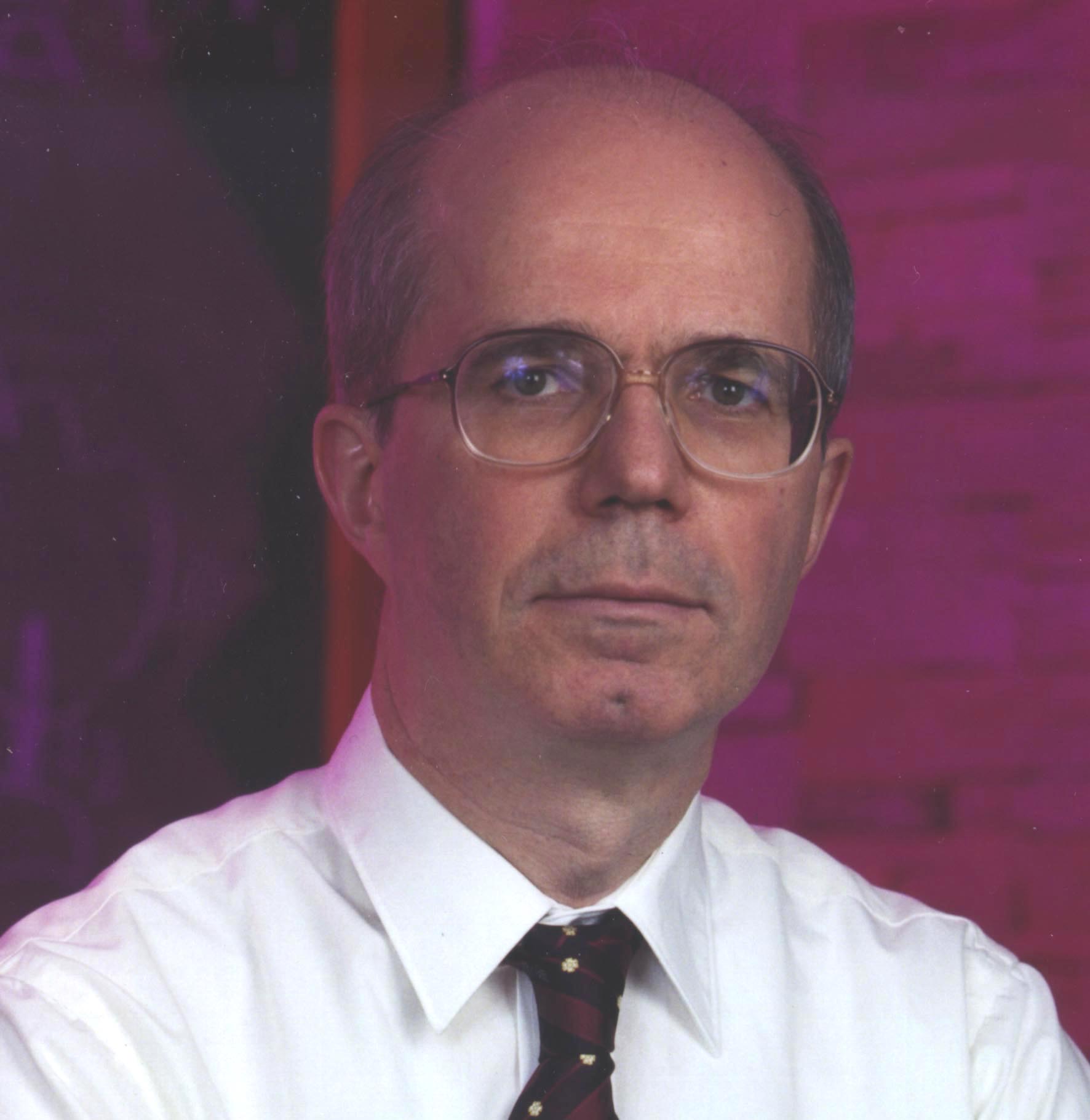

![]()

|
Tuesday, April 21, 9:00 AM:
Abstract:
Steady innovation in computer systems has brought new layers of abstraction: First, operating systems and now virtualization. Each abstracted the hardware below, and provided a new platform for competition and innovation above. But in the network, where the division of responsibility between hardware and software is less clear, the right programmable platform has been elusive, as we have explored active networks, network processors, and software routers. An emerging trend indicates that more and more of the network infrastructure will be defined in software outside the datapath. This is great news for researchers as the infrastructure will be more open, more programmable, and virtualized to allow experimental networks to co-exist on the same physical datapath. This is great news for industry too, as it will accelerate innovation inside the network.
Nick McKeown has been at Stanford University since 1995, where he is currently an Associate Professor of Electrical Engineering and Computer Science, and Faculty Director of the Clean Slate Program. From 1990-2002 most of his work was on the theory and practice of designing high-speed Internet routers, including system architectures, lookup algorithms, scheduling algorithms and packet buffers. He co-founded a couple of networking semiconductor startups: Abrizio and Nemo. More recently Nick's research group has focused on how we can cheaply and quickly build a research substrate that enables "software defined" networking. Nick is a fellow of the IEEE, ACM and Royal Academy of Engineering (UK), and recipient of the 2009 IEEE Kobayashi Computer and Communications Award.
Thursday, April 23, 8:30 AM:
Abstract:
While the Internet has attracted the bulk of the attention from the public as well as from researchers, the growth of wireless has had a far larger impact on the world, as measured by the number of users, the revenues, or the profits. Technology is leading to a convergence of the two areas, and this will be the next great telecom revolution. Just what kind of convergence we will see will be determined more by economics and regulation than by technology, and will be heavily influenced by the many misleading myths that dominate telecom.
Andrew Odlyzko is a Professor in the School of Mathematics at the University of Minnesota. He is engaged in a variety of projects, from mathematics to security and Internet traffic monitoring. His main task currently is to write a book that compares the Internet bubble to the British Railway Mania of the 1840s, and explores the implications for future of technology diffusion. Between 2001 and 2008, he also was at various times the founding director of the interdisciplinary Digital Technology Center, Interim Director of the Minnesota Supercomputing Institute, Assistant Vice President for Research, and held an ADC Professorship, all at the University of Minnesota. Before moving to Minneapolis in 2001, he devoted 26 years to research and research management at Bell Telephone Laboratories, AT&T Bell Labs, and AT&T Labs, as that organization evolved and changed its name. He has written over 150 technical papers in computational complexity, cryptography, number theory, combinatorics, coding theory, analysis, probability theory, and related fields, and has three patents. He has an honorary doctorate from Univ. Marne la Vallee and serves on editorial boards of over 20 technical journals, as well as on several advisory and supervisory bodies. He has managed projects in diverse areas, such as security, formal verification methods, parallel and distributed computation, and auction technology. In recent years he has also been working on electronic publishing, electronic commerce, and economics of data networks, and is the author of such widely cited papers as "Tragic loss or good riddance: The impending demise of traditional scholarly journals," "The bumpy road of electronic commerce," "Paris Metro Pricing for the Internet," "Content is not king," and "The history of communications and its implications for the Internet." He may be known best for an early debunking of the myth of Internet traffic doubling every three or four months and for demonstrating that connectivity has traditionally mattered much more for society than content.
|

